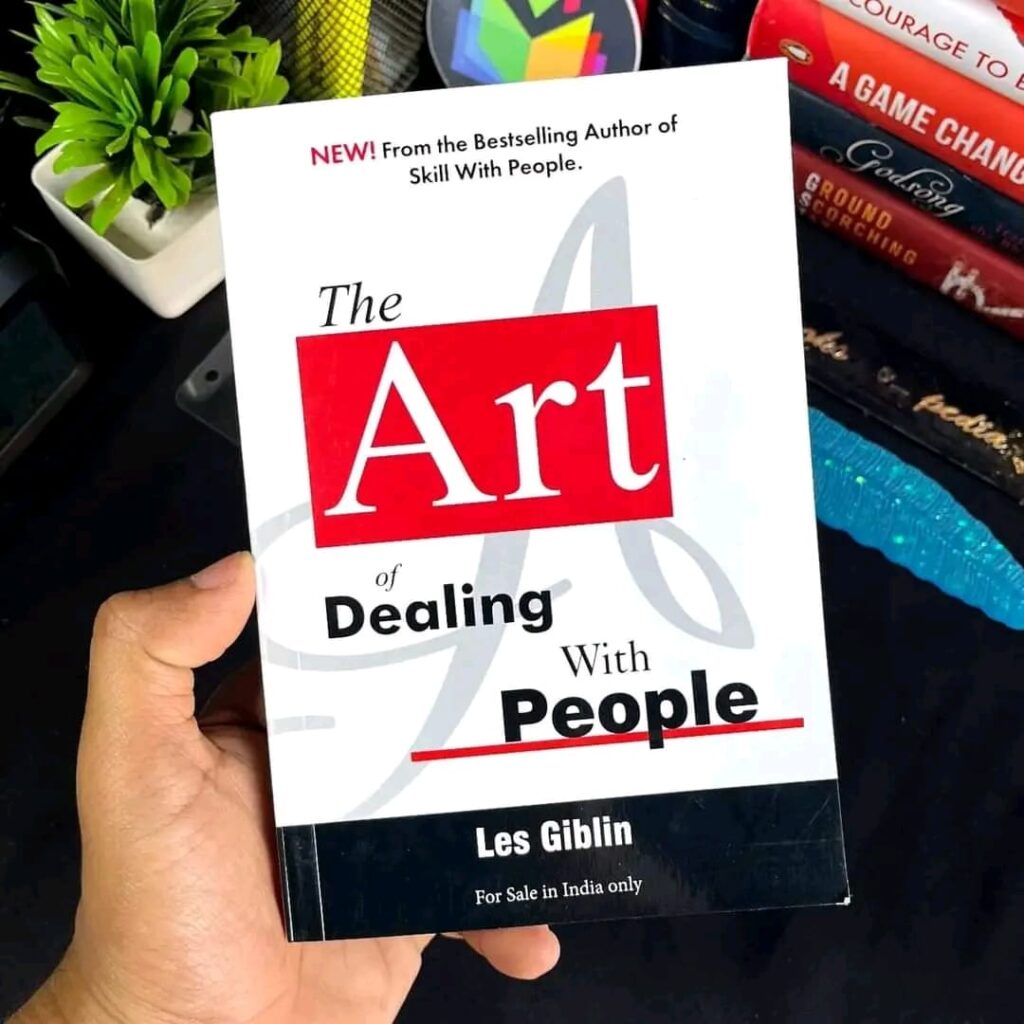The Art of Dealing with People: A Key to Success
In both personal and professional realms, the ability to effectively interact with others is an invaluable skill. The art of dealing with people encompasses a range of abilities, from communication and empathy to conflict resolution and active listening. Mastering this art can significantly enhance relationships, foster collaboration, and pave the way for success.
Understanding Human Behavior
At the heart of dealing with people is a deep understanding of human behavior. Each individual comes with their own set of experiences, emotions, and motivations. By developing empathy and actively seeking to understand the perspectives of others, we can build stronger connections. This understanding forms the foundation of effective communication and collaboration.
Communication Skills
Effective communication is not just about speaking clearly; it involves active listening, body language, and emotional intelligence. The ability to convey thoughts and feelings clearly while also being receptive to the cues of others is crucial. Whether in a casual conversation or a business meeting, clear communication can prevent misunderstandings and foster a positive environment.
Active Listening
Active listening goes beyond hearing words; it requires engaging with the speaker and demonstrating genuine interest. This can be achieved through paraphrasing, asking open-ended questions, and providing feedback. By validating the feelings and thoughts of others, we create an atmosphere of trust and openness, which encourages honest dialogue.
Building Relationships
The ability to connect with others is essential in building relationships, both personal and professional. Strong relationships are built on trust, respect, and mutual understanding. Taking the time to invest in these relationships can lead to better collaboration, increased morale, and a more enjoyable work environment.
Networking
In a professional context, networking is a vital aspect of career growth. The ability to connect with others can open doors to new opportunities, collaborations, and mentorships. Networking isn’t just about collecting contacts; it’s about building genuine relationships that can provide support and guidance throughout one’s career.
Conflict Resolution
Inevitably, conflicts will arise in any relationship. The ability to navigate these conflicts with grace and diplomacy is a hallmark of someone skilled in dealing with people. Approaching conflicts with a solution-oriented mindset, remaining calm, and striving for a win-win outcome can turn potential disputes into opportunities for growth and understanding.
Strategies for Conflict Resolution
- Stay Calm: Keeping emotions in check allows for clearer thinking and better communication.
- Listen Actively: Understanding the other person’s perspective is key to finding common ground.
- Focus on Solutions: Shift the conversation from the problem to potential solutions that benefit both parties.
- Know When to Compromise: Sometimes, finding a middle ground is necessary for resolution.
The Role of Emotional Intelligence
Emotional intelligence (EI) plays a critical role in how we deal with people. EI involves the ability to recognize, understand, and manage our own emotions, as well as the emotions of others. High emotional intelligence can lead to better teamwork, enhanced leadership, and a more harmonious work environment.
Developing Emotional Intelligence
- Self-Awareness: Reflect on your own emotions and how they affect your behavior.
- Self-Regulation: Learn to manage your emotions, especially in stressful situations.
- Social Skills: Practice effective communication and relationship-building techniques.
- Empathy: Work on understanding the feelings and perspectives of others.
Conclusion
The art of dealing with people is a multifaceted skill that can lead to enriched personal lives and professional success. By honing communication skills, building strong relationships, resolving conflicts effectively, and enhancing emotional intelligence, we can navigate the complexities of human interactions with confidence and ease. Ultimately, mastering this art can transform not only our own lives but also the lives of those around us, creating a more understanding and collaborative world.
